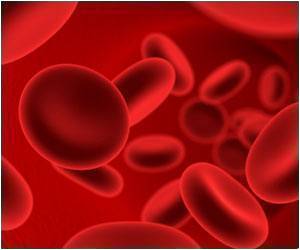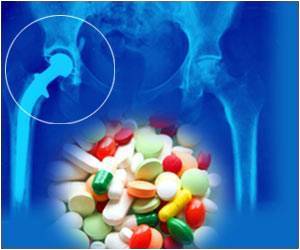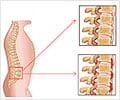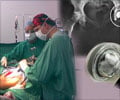Medications like antibiotics, painkillers and blood thinners used just before or after hip replacement surgery help to reduce complications of the surgery and assist in speedy recovery.
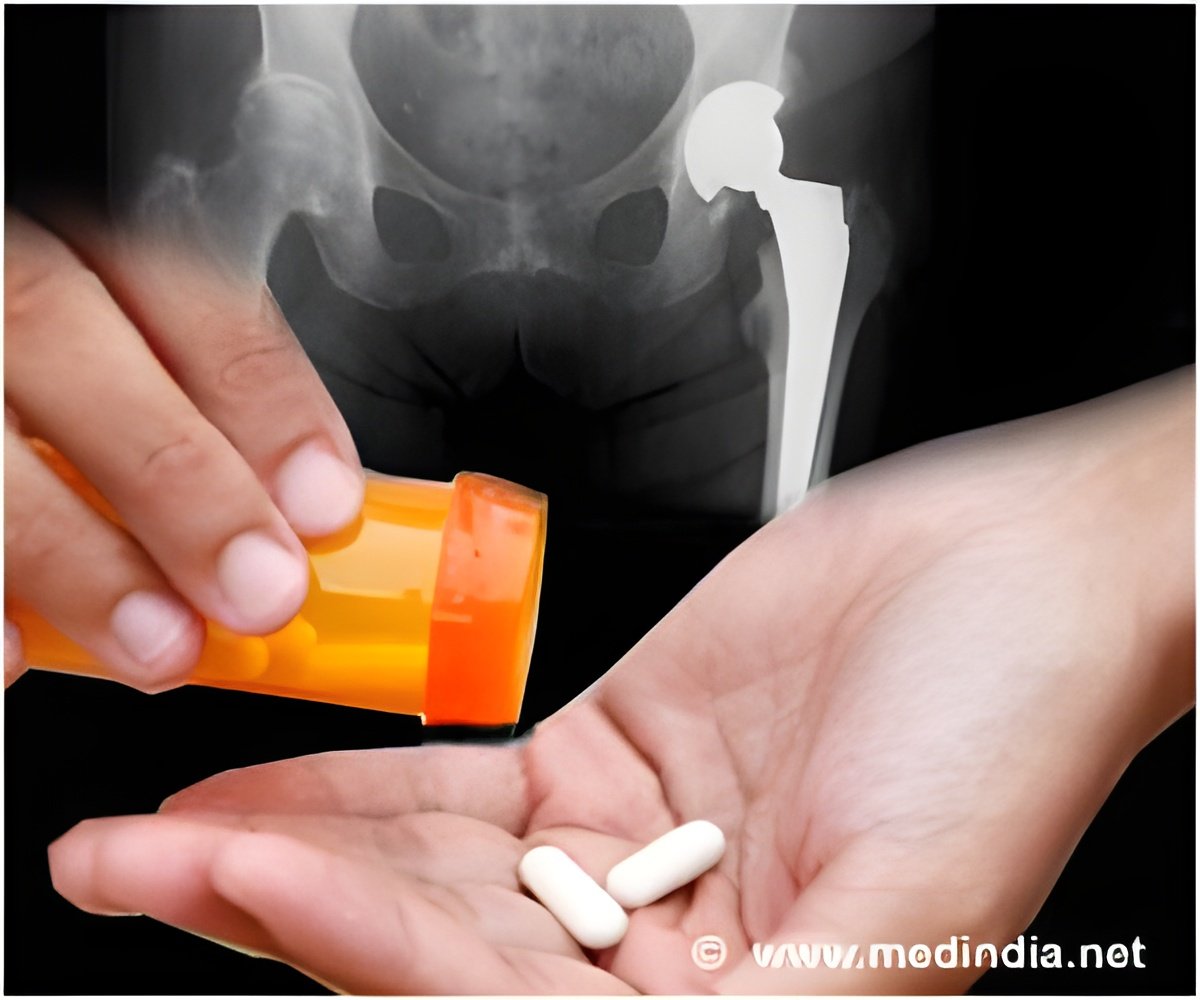
Medications are required before and after total hip arthroplasty to prevent complications like infection, pain and clotting of blood. A brief summary of the medications required, as explained in an article in the US Pharmacist, is presented below:
Antibiotics should be administered before the surgery to prevent infection. Cefazolin or cefuroxime are the preferred antibiotics used prior to surgery. In case the patient is allergic to these drugs, clindamycin may be used. Vancomycin should be reserved only for those patients who may have life-threatening allergy to cefazolin or cefuroxime or those who show the presence of bacteria resistant to these antibiotics. Antibiotics should be administered 1 hour prior to commencement of surgery, or 2 hours prior in the case of vancomycin. The antibiotic should be stopped within 24 hours of the end of surgery.
Pain following the surgery is a serious concern and multiple ways have been suggested to tackle it. These include instillation of a local anesthetic at the surgical site or continuous spinal and epidural anesthesia with an anesthetic called bupivacaine.
Regular painkillers from the nonsteroidal anti-inflammatory group of drugs (NSAIDs) are also used in the post-operative period to control pain.
Pain may also arise due to abnormal bone formation following total hip arthroplasty. NSAIDs like indomethacin, naproxen or diclofenac or local radiation given before or after the operation is useful in preventing this pain.
Thus, antibiotics, painkillers and blood thinners should be carefully selected to prevent complications of hip replacement surgery and to ensure a speedy recovery.
Total Hip Arthroplasty: Presurgical and Postsurgical Drug Therapies; Tran H. Tran et al; US Pharmacist 2011
Source-Medindia



